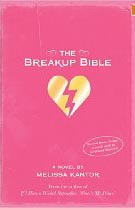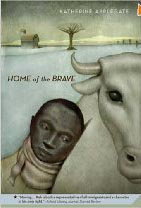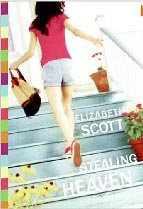Review of When You Reach Me, by Rebecca Stead
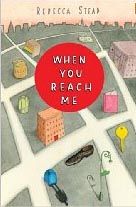 When You Reach Me
When You Reach Me
by Rebecca Stead
Wendy Lamb Books (Random House), 2009. 199 pages.
Starred Review
Sonderbooks Stand-out 2010: #1 Children’s Fantasy and Science Fiction
When You Reach Me is hard to categorize. Technically, you might call it Historical, since it is set in 1978 and 1979. But the focus is not the time period or issues of the time period, so I don’t think it really fits that category. There’s a touch of science fiction, a touch of mystery, and a touch of adventure. Mostly, I feel like this is a school story, a story of a sixth-grade girl who loses her best friend and must learn how to cope — while strange events are going on around her.
Also interesting, the day before I picked up this book, I read a chapter from Reading Like a Writer, by Francine Prose, on point of view. She talks about the rarity of good fiction written in the second person.
Francine Prose says,
“The truth is that marvelous fiction has been written in the second person, though in these cases, the ‘you’ is less likely to be the reader in general than someone in particular, an individual to whom the story (often metaphorically or imaginatively) is being addressed.”
In When You Reach Me, part of the puzzle is to whom exactly Miranda is telling her story. Who is the “you”?
She’s telling the story to someone, someone who has sent her mysterious letters that seem to be able to foretell the future. How did the letter writer know, for example, that Miranda’s Mom would appear on The 20,000 Pyramid on April 27?
They live in an apartment in New York City, and Miranda must walk past some alarming characters on her way home, but she has her friend Sal to walk with. Until the day that Sal got punched. That’s the day that Miranda thinks it all started.
I admit I can’t help but fall for a character who carries around Madeleine L’Engle’s A Wrinkle in Time everywhere she goes. Miranda faces a lot in this book. Trouble with friends. Scary situations. A stressed-out mother. Things going missing.
Miranda comes through. She figures out how to be a better friend, navigates some tricky situations, and ultimately solves the mystery of the letters.
I like Miranda’s way of dealing with someone she’s afraid of:
“I have my own trick. If I’m afraid of someone on the street, I’ll turn to him (it’s always a boy) and say, ‘Excuse me, do you happen to know what time it is?’ This is my way of saying to the person, ‘I see you as a friend, and there is no need to hurt me or take my stuff. Also, I don’t even have a watch and I am probably not worth mugging.’
“So far, it’s worked like gangbusters, as Richard would say. And I’ve discovered that most people I’m afraid of are actually very friendly.”
This story is surprisingly simple for something with a complicated idea behind it. It will leave your mind spinning in a small, pleasant way, and your heart warmed.
Find this review on Sonderbooks at: www.sonderbooks.com/Childrens_Fiction/when_you_reach_me.html
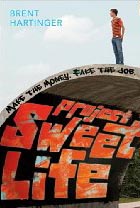 Project Sweet Life
Project Sweet Life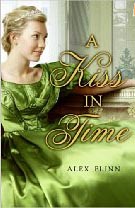 A Kiss in Time
A Kiss in Time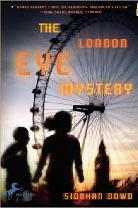 The London Eye Mystery
The London Eye Mystery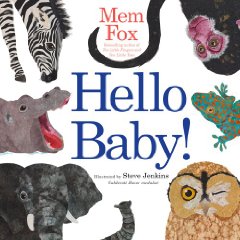 Hello Baby!
Hello Baby!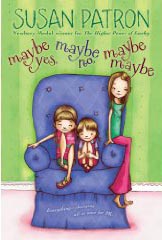 Maybe Yes, Maybe No, Maybe Maybe
Maybe Yes, Maybe No, Maybe Maybe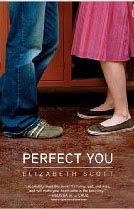 Perfect You
Perfect You